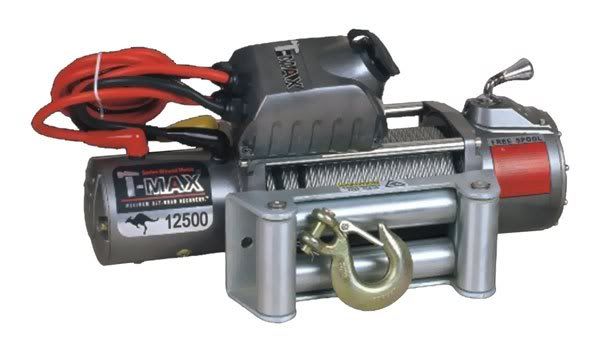SimonInAustralia
Observer
No, that is incorrect.Another thing to look at is what are the pullratings if the cable is spooled out. that 8 K winch is good for 8 K only on the last wrap. The more you spool out the less mechanical advantage you have.
The ratings are for when most of the cable is spooled out, the more you spool in and onto the drum, the less it will handle.
From the Warn basic winching guide...
How the Winch Reacts to Load
Warn winches are rated by pulling
capacity.The maximum pulling capacity
occurs on the first layer of wire rope on
the drum. As the layers increase, the
pulling power decreases. It’s the mathematics
of winching.



